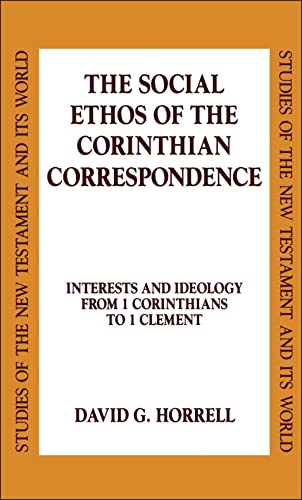The Designation of the Individual: Expressive Usage in Biblical Narrative
Written by Revell, E.J. Reviewed By Bo-Krister LjungbergWhat is meant by ‘The Designation of the Individual’?
When Abner asks: ‘Am I a dog’s head belonging to Judah?’ (2 Sa. 3:8), he is not really asking a question and waiting for a reply. Rather, by this expressive usage, Abner (more specifically the narrator) ensures that his words have greater impact than if he had said something like: ‘In my position, I have the right to do as I please’.
Expressive usage in the designation of the individual has to do with the choice of one term or one clause instead of another. The author describes and analyzes the way individual characters are referred to or addressed, in a corpus consisting of Judges, Samuel and Kings (excluding the poetical passages). His approach is synchronic, with the assumption that variation is deliberate and likely to carry meaning. The text as it stands is treated positively, heuristically presupposing usage to be self-consistent. Source criticism is not allowed to thresh the texture into small pieces before the investigation starts. Revell wisely lets the terms ‘marked’ and ‘unmarked’ apply to the use of a form in a particular context, and not to the form itself.
The bulk of the material concerns designation of rulers (David, Saul, Solomon, kings of the southern and northern kingdoms, and foreign kings), of priests and prophets, of named and unnamed individuals, and of God. As an introduction the author paints the socio-linguistic background of how the Israelite society was structured in relation to how its members are designated. An overview of the use of nominal and pronominal designations also gives the needed linguistic background for what follows.
The present reviewer found the chapter on Deference and Distance especially interesting. Here, in the treatment of Modal, Interrogative, and Declarative clauses, the author develops the insights of Brown and Levinson (1987), on Politeness demonstrating how speakers have to go through a web of pragmatic and socio-linguistic concerns before an inferior can address a superior. Here the reader is guided to a fuller understanding by means of designations in context.
Revell’s language is clear and consistent, and he displays bravery in offering distinct definitions at the beginning of sections. Everyday life observations help lead into the subject, such as the usage of French ‘tu’ and ‘vous’: to use ‘vous’ to a friend where ‘tu’ would be the norm denies the existence of that friendship. Thus for Michal to address her husband as ‘King of Israel’, a term employed by foreigners, expressively reflects her scorn.
This valuable reference-standard monograph is also supplied with indices of subject and of biblical and epigraphical sources.
Bo-Krister Ljungberg
SIL International and Lund University, Sweden







